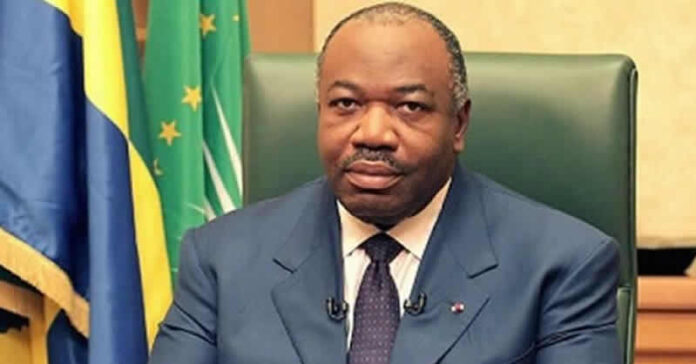By Milcah Tanimu
At Omar Bongo University in Gabon’s capital, students like Nathan Ovono Obiang find themselves equally engrossed in the nation’s post-coup developments as they are in their academic pursuits. Nathan, a 25-year-old third-year student, remains cautiously optimistic about the future while acknowledging that sweeping changes take time.
Less than a month ago, Gabon’s military leaders abruptly ended the 55-year reign of a family accused of amassing immense wealth from the country’s oil reserves. On August 30, President Ali Bongo Ondimba was ousted just moments after being declared the winner of disputed elections, with General Brice Oligui Nguema swiftly assuming the role of transitional president. Although he has pledged a return to civilian rule through elections, no specific date has been set. Oligui has also committed to implementing reforms, particularly in the education sector, aimed at assisting the country’s disadvantaged youth.
Gabon’s education system, neglected for years and allegedly mismanaged by corrupt governments, lies in shambles. Omar Bongo University, the nation’s premier institution of higher learning, faces numerous challenges, including delays in the academic calendar, deteriorating infrastructure, and outdated equipment. Financial aid for needy students is scarce, and some educators report months of unpaid salaries. Despite overcrowded classrooms and lecture halls, job prospects for graduates remain bleak.
While some students remain hopeful about the promised reforms and increased resources for job market entry, they are aware that substantial change will take time. Gabon grapples with one of Africa’s highest unemployment rates, particularly among its youth, and a significant portion of the population lives below the poverty line.
Nathan Ovono Obiang highlights the disconnect between their education and the demands of the job market, a sentiment echoed by many. Critics argue that the country’s economy is overly reliant on oil, manganese, and timber, emphasizing the urgent need for economic diversification.
Economics student Marcus Mouloud, 24, holds hope that the new government institutions will open doors for the younger generation. Law student Karly Elislande envisions a future with improved student accommodations and the establishment of universities in every province, alleviating pressure on the capital and reducing overcrowding in the early years of education.

